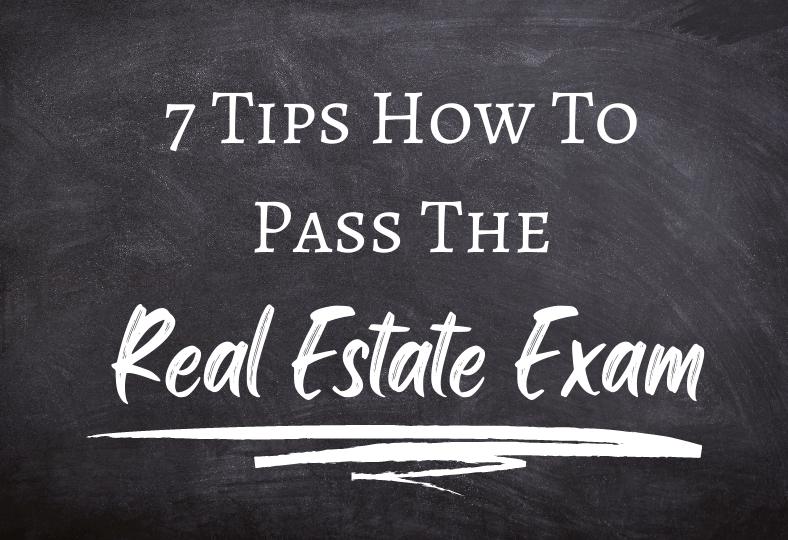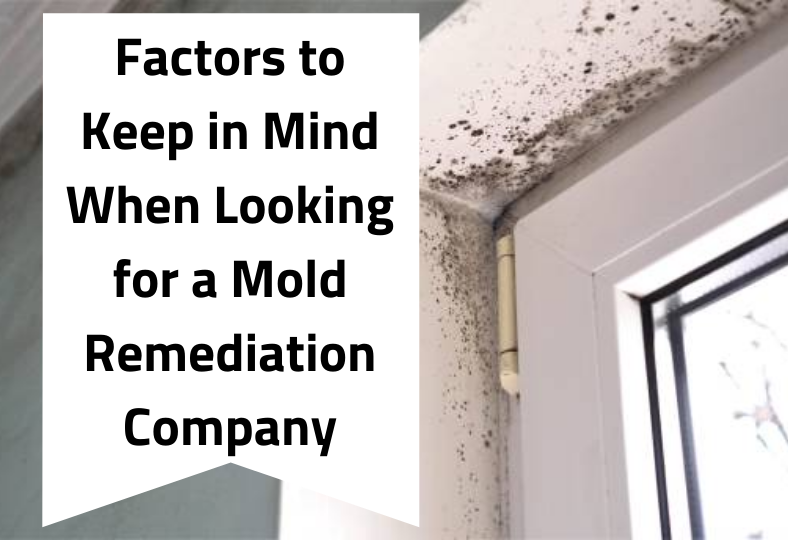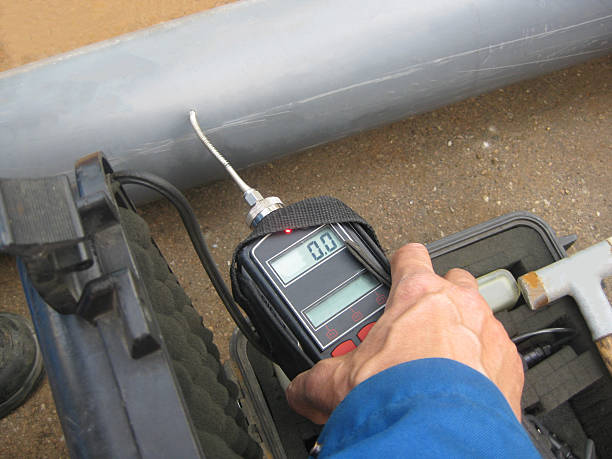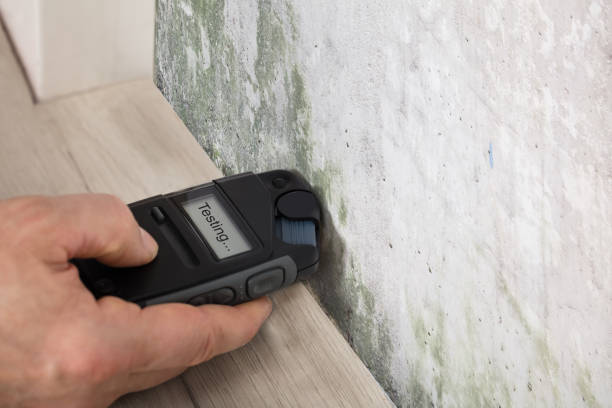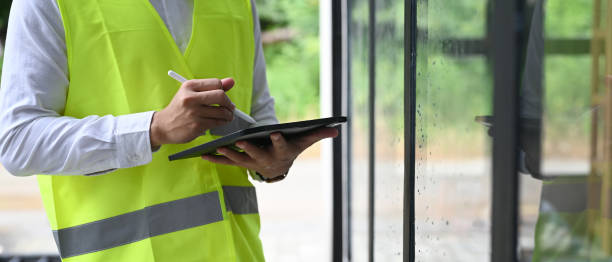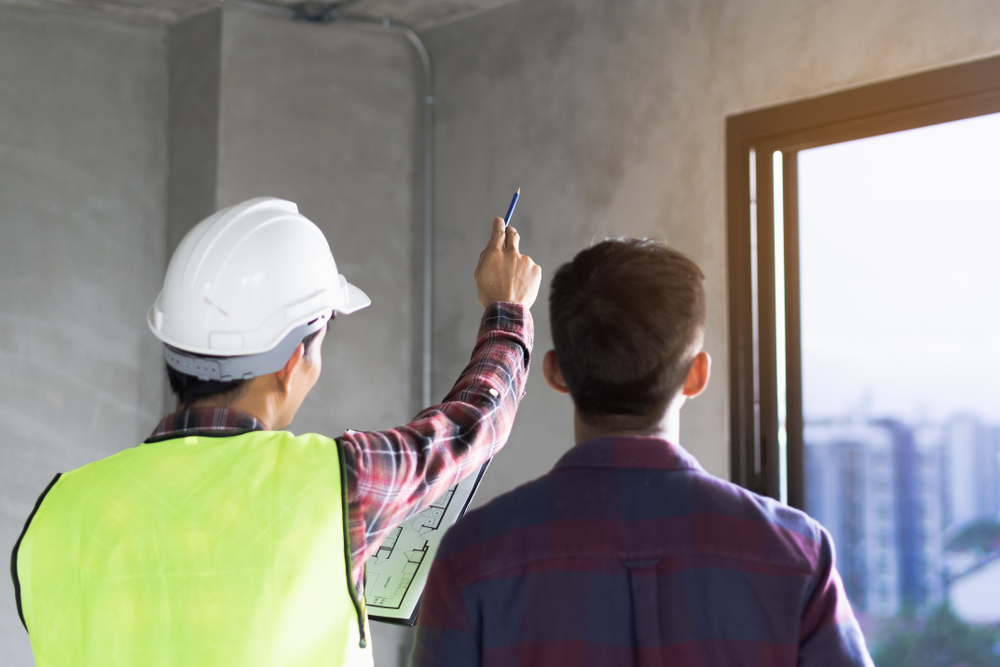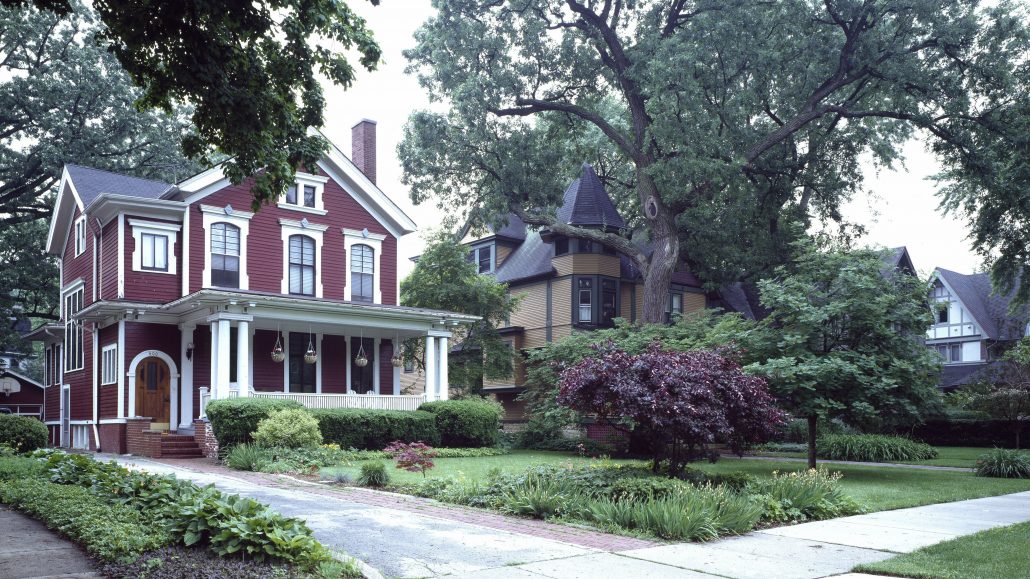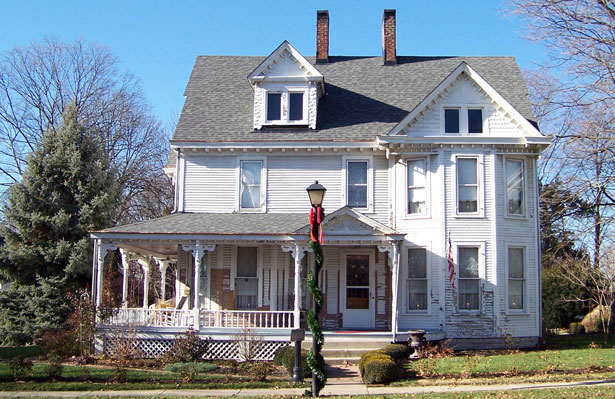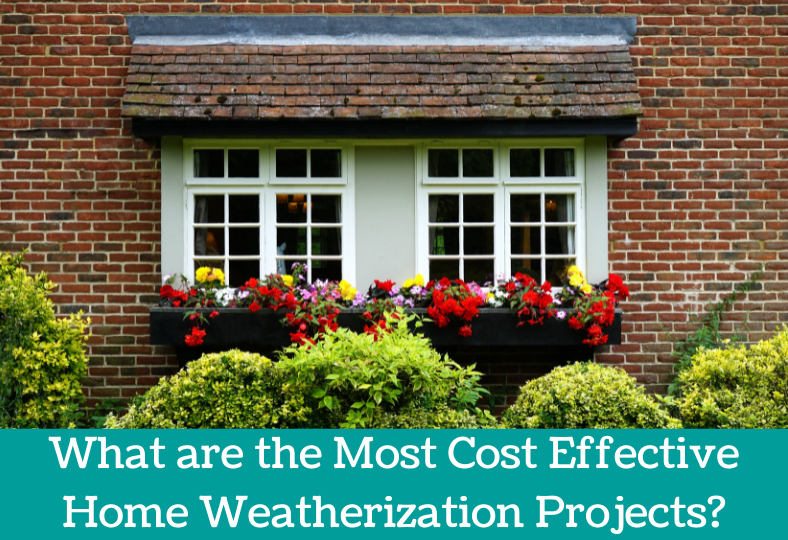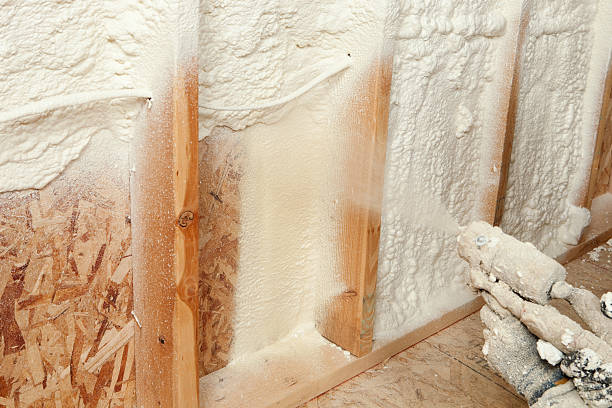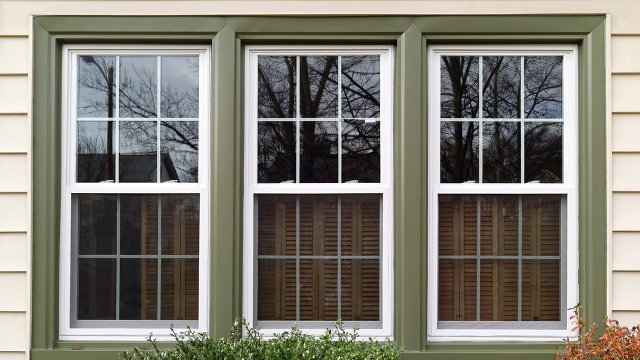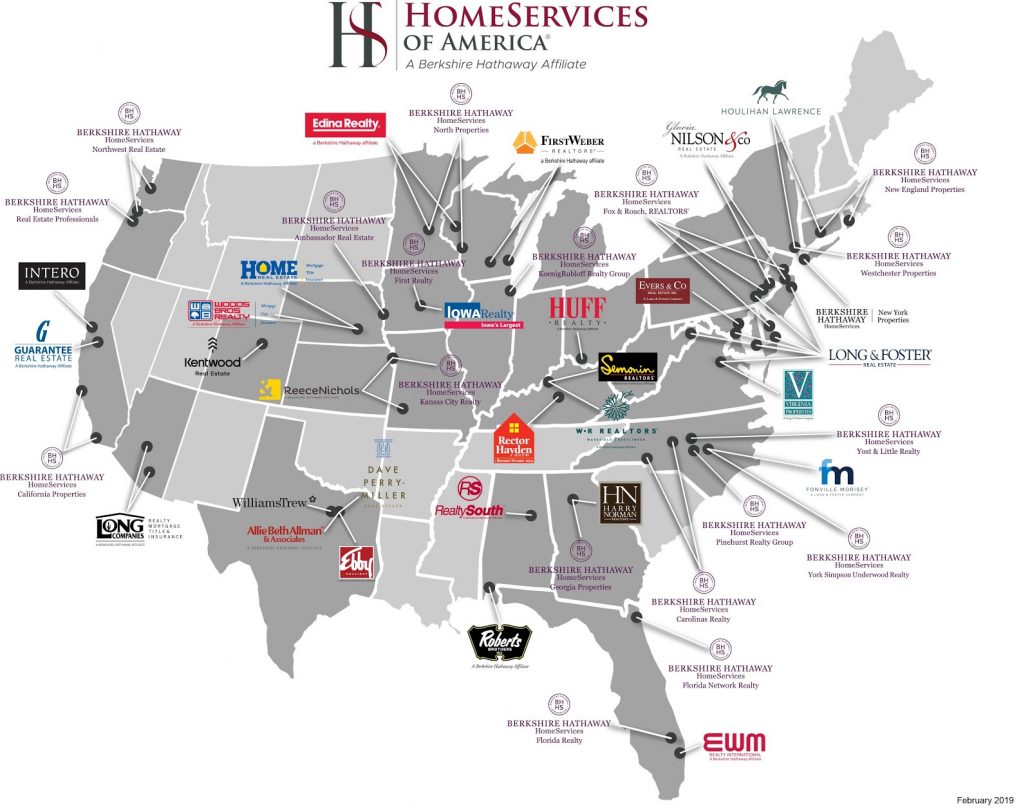Getting Into Real Estate
If you want to get into real estate, you may be looking at how much money you need to get started. When it comes to putting up a house, there are a number of things you will need money for. This can include everything from the down payment to the utilities. Here’s a look at some ways you can pay for them.
- First, you should think about how much you have saved. This is important when you are figuring out how much you can spend on real estate. Usually, the larger the amount of money you have saved, the more you can get into real estate without hurting your savings.
- Second, figure out how much you would like to spend. There is an idea floating around that you should fix up and buy a new home. While this is definitely something you should consider, it’s not necessary for getting into real estate. If you currently have a house that needs work, then you can save that money to put towards a new home. It doesn’t matter if you still live in the home as long as you are paying for it every month.
- Third, think about the value of your house. Once you know how much money you can spend, you can figure out what the property is worth. If you are only looking to borrow a thousand dollars, then you can start by just looking for houses in your neighborhood that are currently up for sale. You can compare them to your own home to see how much they are worth. This can be very helpful when you are getting funding for your loan because you will be able to tell if the offer is close to what you can afford.
How Much Money Do You Need?
Getting into real estate isn’t going to be easy, but it can be very profitable if you know what you are doing. You need to make sure that you always have some money in the bank because you never know when you’re going to need it. For instance buying a condo can have a lot of HOA fees that you will have to take into consideration
Getting a loan is a big step, but it can be very helpful when you are trying to get money for other things. Make sure that you figure out how much money do you need to get into real estate before you try to get funding. This will ensure that you don’t end up losing your house or apartment.
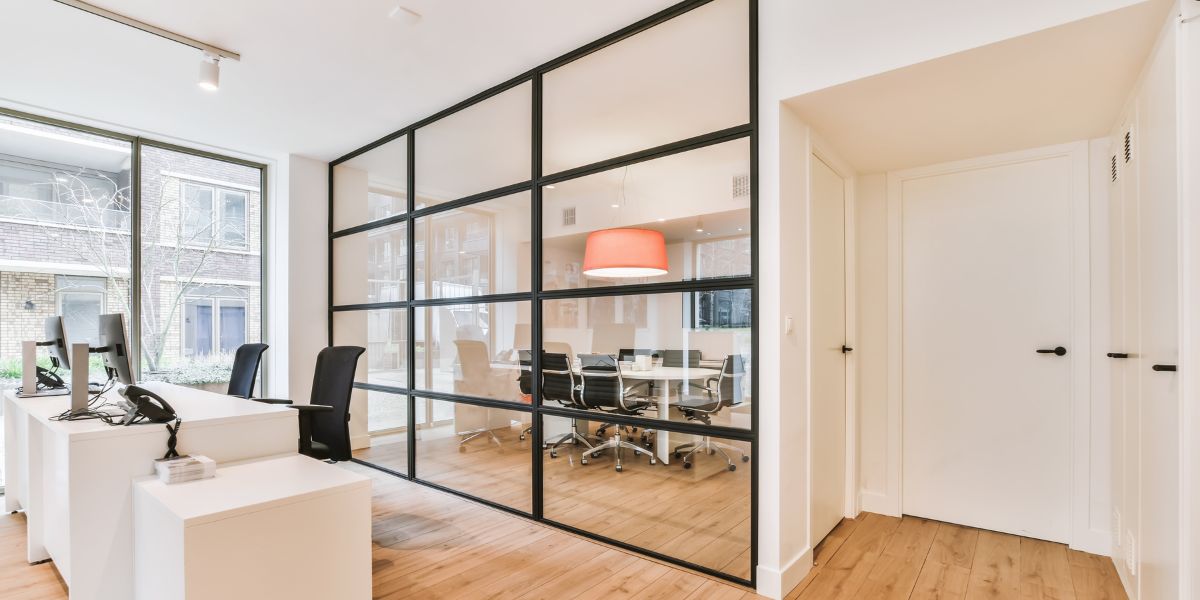
How Much Does it Cost to Start a Real Estate Brokerage
Another option once you are in the real estate industry is to start your own brokerage. For those contemplating a foray into this industry, understanding the initial investment required is crucial. Let’s sheds some light on the key financial aspects of launching a real estate brokerage.
Initial Capital Outlay
The journey to establish a real estate brokerage begins with several initial expenses. Foremost is the licensing fee, which varies by state but is an indispensable legal requirement. Following this, securing a professional office space, either leased or purchased, forms a significant part of the startup cost. This space must be equipped with essential technology such as computers, a robust CRM system, and other office supplies. Additionally, initial marketing efforts, crucial for brand establishment and client acquisition, entail costs for digital marketing, signage, business cards, and potentially a launch event. These components collectively form the backbone of the brokerage’s operational capacity, necessitating a substantial but vital investment.
Ongoing Operational Costs
After the initial setup, a real estate brokerage faces ongoing operational costs. A major recurring expense is the maintenance and utilities for the office space, which varies based on location and size. Employee salaries, including administrative staff and possibly in-house real estate agents, form a significant portion of the monthly outlay. Insurance, both general liability and professional indemnity, safeguards the business against unforeseen liabilities. Furthermore, consistent marketing efforts to sustain visibility and attract clients, such as online advertising, client relationship management, and community outreach programs, require a dedicated budget. These regular expenses are crucial for the smooth functioning and growth of the brokerage.
Additional Financial Considerations
In addition to the obvious expenses, several other financial considerations warrant attention. Continuing professional development and training for staff, especially in a rapidly evolving market, is vital but often overlooked. Legal fees, including consultation and potential litigation costs, should be accounted for in the financial plan. Lastly, setting aside a contingency fund for unexpected challenges, market fluctuations, or economic downturns is a prudent strategy for long-term sustainability. These additional considerations, though sometimes peripheral, can significantly impact the financial health and resilience of a real estate brokerage.







